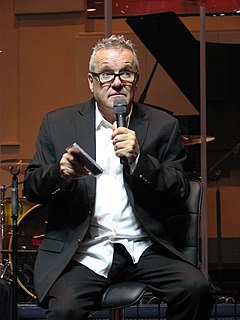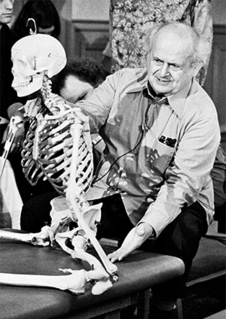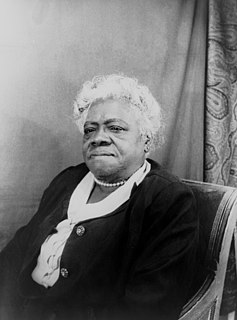A Quote by George Eliot
There is no sorrow I have thought more about than that-to love what is great, and try to reach it, and yet to fail.
Related Quotes
I thought, you know, I can sit at home in my La-Z-Boy, on Facebook, and reach more people than I can on a tour. Because I reach 30,000 to 40,000 people for every Facebook post, some even reach 50,000 to 60,000. And I thought, if it's about reaching people, and not about making money, why bother touring?
A great love is a lot like a good memory. When it's there, and you know it's there, but its just out of your reach, it can be all that you think about. And you can focus on it, and try to force it. But the more that you do, the more you seem to push it away. But if you're patient, and hold still...Maybe. Just maybe, it'll come to you.
Even without comparing ourselves to the world's greatest, we set such high standards for ourselves that neither we nor anyone else could ever meet them-and nothing is more destructive to creativity than this. We fail to realize that mastery is not about perfection. It's about a process, a journey. The master is the one who stays on the path day after day, year after year. The master is the one who is willing to try, and fail, and try again, for as long as he or she lives.
If only we try to live sincerely, it will go well with us, even though we are certain to experience real sorrow, and great disappointments, and also will probably commit great faults and do wrong things, but it certainly is true, thatit is better to be high-spirited, even though one makes more mistakes, than to be narrow-minded and all too prudent. It is good to love many things, for therein lies the true strength, and whosoever loves much performs much, and can accomplish much, and what is done in love, is well done.
It is abundantly evident that, however natural it may be for us to feel sorrow at the death of our relatives, that sorrow is an error and an evil, and we ought to overcome it. There is no need to sorrow for them, for they have passed into a far wider and happier life. If we sorrow for our own fancied separation from them, we are in the first place weeping over an illusion, for in truth they are not separated from us; and secondly, we are acting selfishly, because we are thinking more of our own apparent loss than of their great and real gain.







































